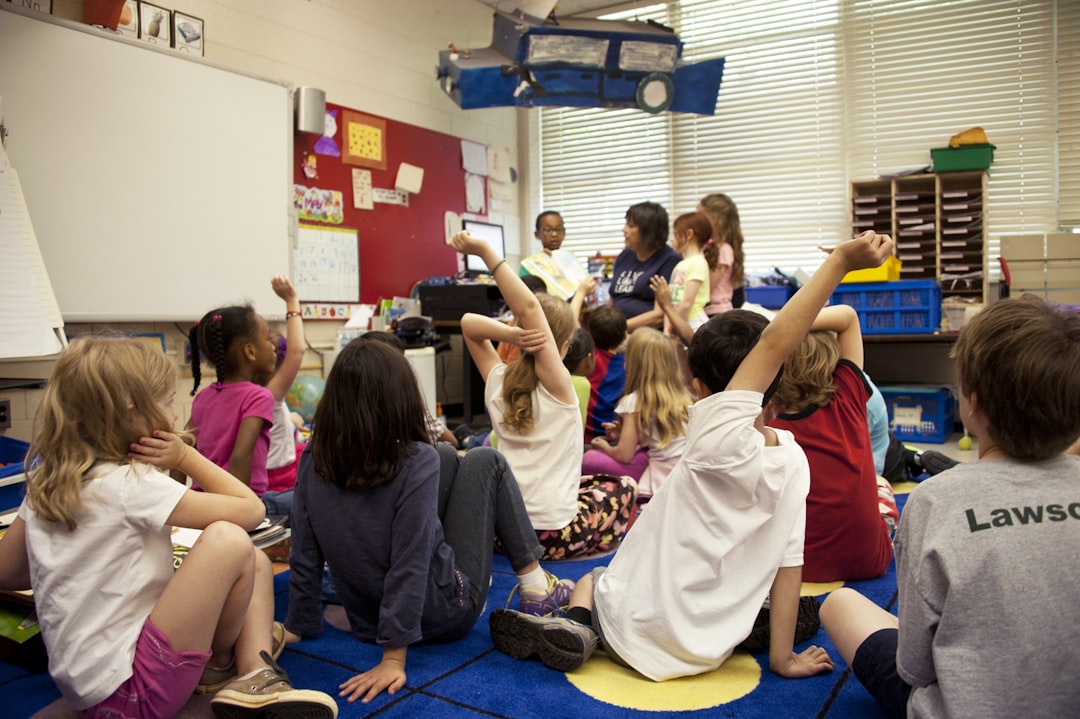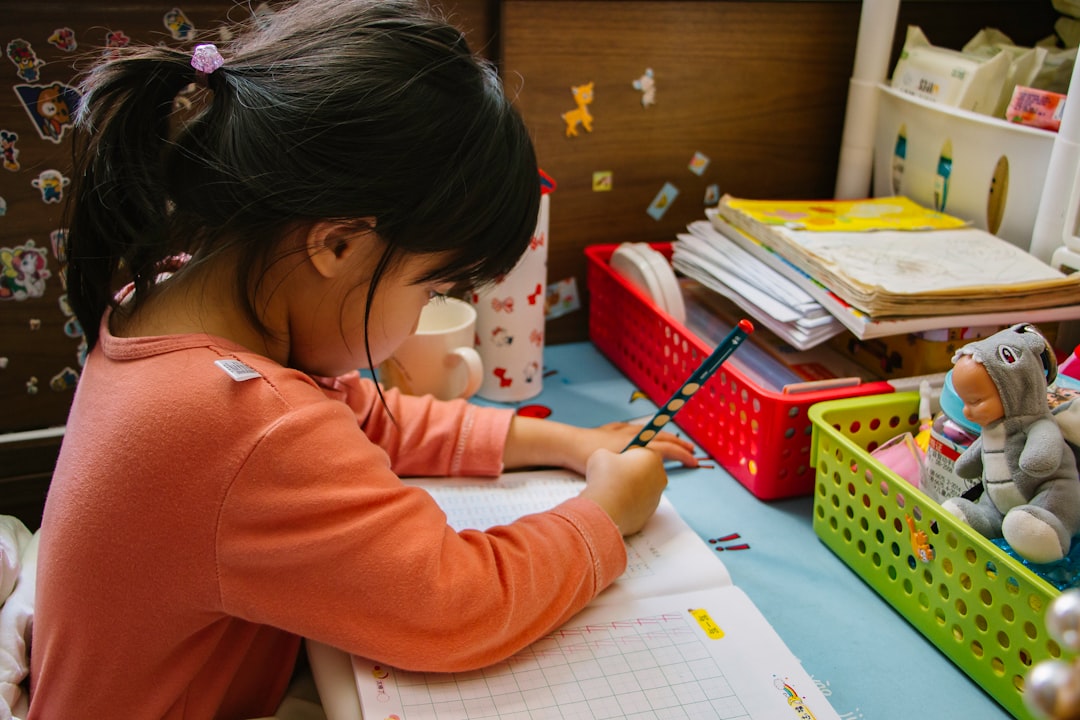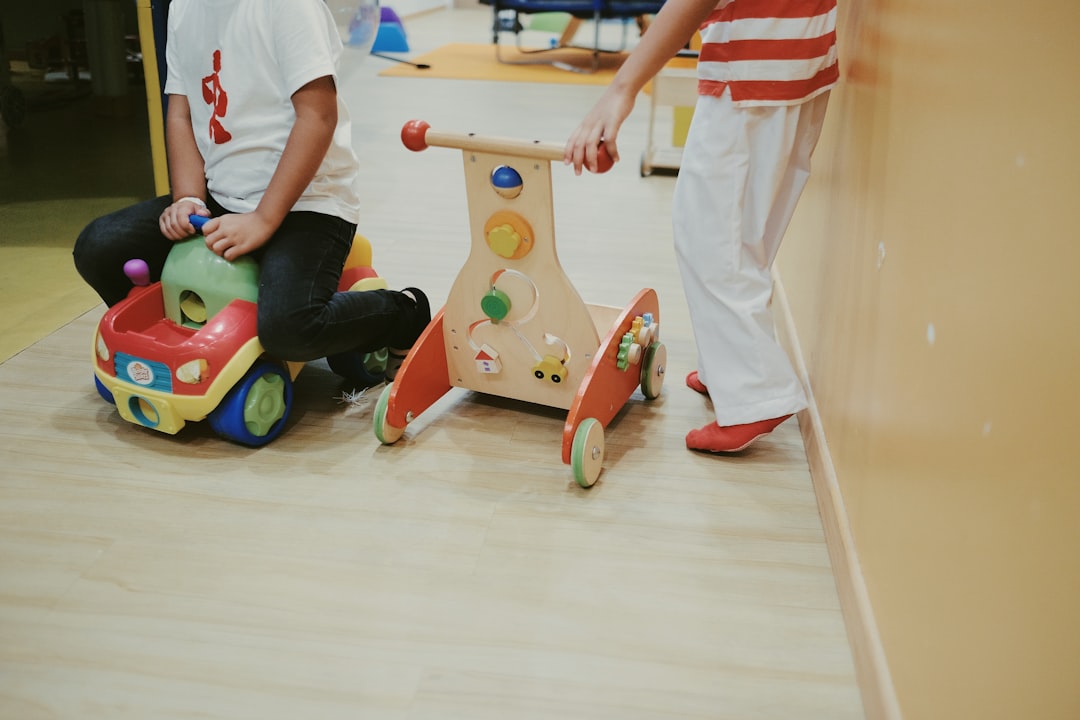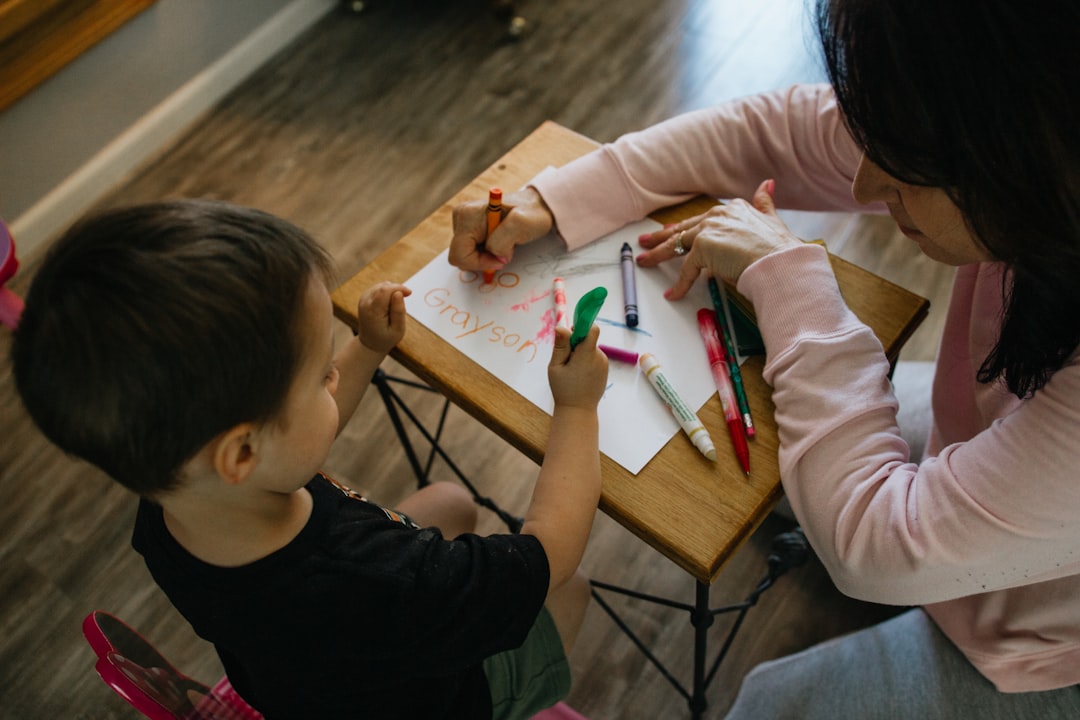“In Buffalo, NY, safeguarding children in daycare settings is paramount. However, when abuse occurs, understanding your legal rights is crucial. This article explores the comprehensive guide to navigating daycare abuse legal services with a focus on Buffalo. We delve into identifying and reporting abuse, choosing an experienced daycare abuse lawyer, and the legal process step-by-step. Additionally, we emphasize support systems available for affected children and families, ensuring justice and healing.”
Understanding Daycare Abuse and Legal Rights in Buffalo, NY
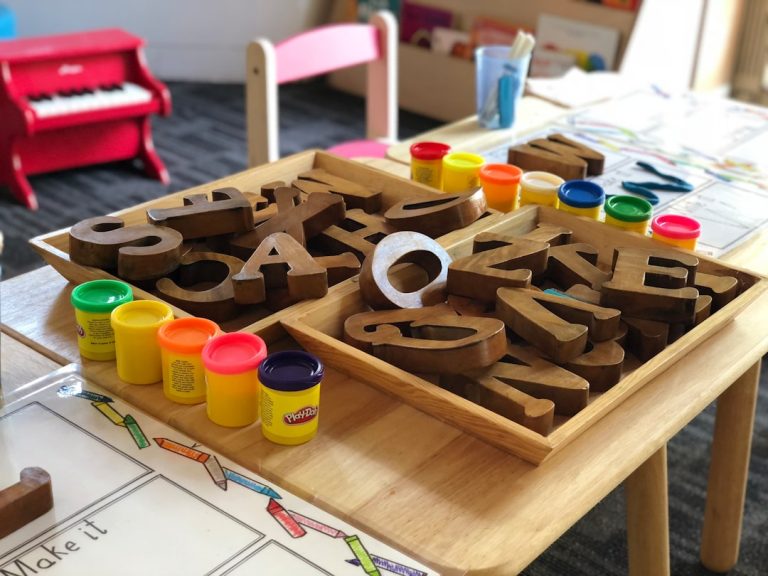
Daycare abuse is a serious concern that every parent in Buffalo, NY should be aware of. It refers to any form of physical, emotional, or sexual mistreatment inflicted on children by caregivers or staff members at daycare centers. This can range from simple neglect to severe injuries and trauma. Recognizing the signs of daycare abuse is crucial for parents, as it allows them to take immediate action and seek legal counsel if necessary.
In Buffalo, NY, victims of daycare abuse have legal rights and options available to them. A dedicated daycare abuse lawyer can help navigate the complexities of the law and ensure that the rights of both the child and their family are protected. If you suspect your child has been a victim of abuse or neglect at a daycare facility, it’s important to contact an experienced attorney promptly. They can guide you through the legal process, help gather evidence, and advocate for justice and compensation for your child’s suffering.
Choosing the Right Daycare Abuse Lawyer for Your Case
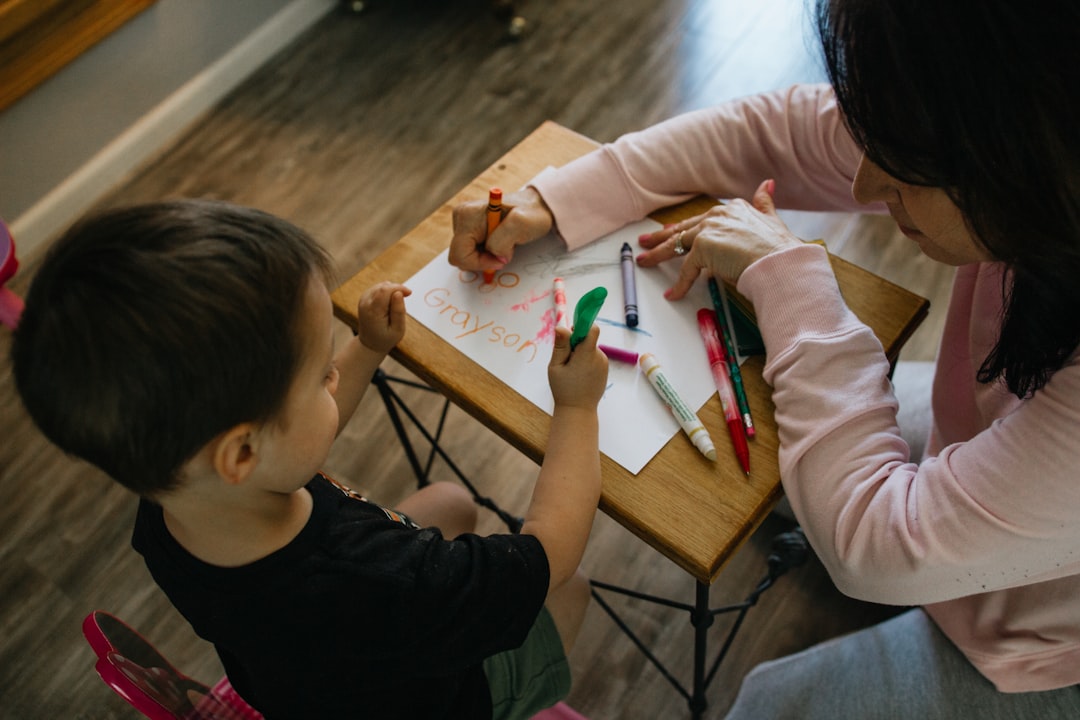
When looking for a daycare abuse lawyer in Buffalo, NY, it’s crucial to choose one with extensive experience and a proven track record in handling similar cases. You’ll want an attorney who understands the unique complexities of daycare abuse litigation and has a deep knowledge of local laws and regulations. Consider their success rate, client testimonials, and the level of personal attention they offer.
Look for a lawyer who actively listens to your concerns, provides clear communication throughout the legal process, and adapts their strategy based on your case’s specific needs. Experience in negotiating settlements or advocating for clients in court can be decisive factors. Ensure they have the resources and dedication to fight for your rights and deliver justice.
The Legal Process: From Reporting to Trial
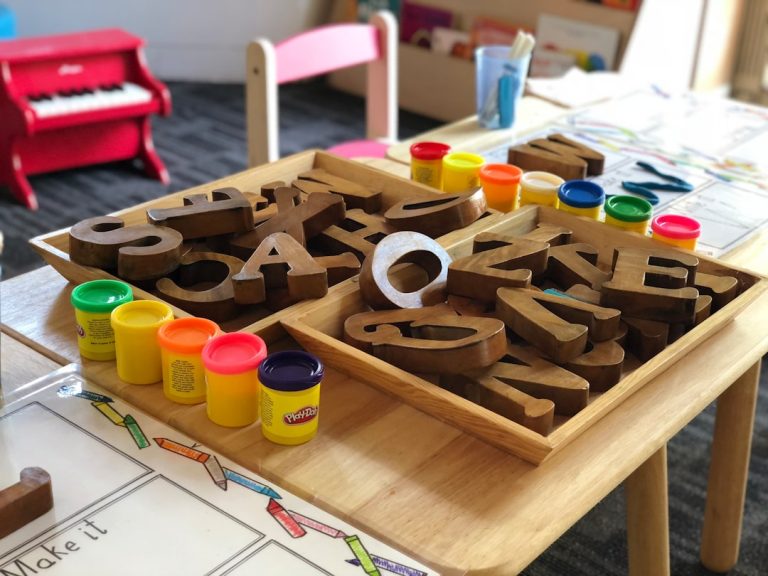
When a daycare abuse lawyer in Buffalo, NY is involved, the legal process begins with a thorough investigation into the allegations. This involves gathering evidence, interviewing witnesses, and reviewing relevant documents. The attorney will then file a report with the appropriate authorities, ensuring that all legal requirements are met for the case to proceed.
If charges are filed, the daycare abuse lawyer in Buffalo, NY will represent their client throughout the trial process. They will cross-examine witnesses, present evidence to support their case, and argue for justice on behalf of their client. The goal is to ensure that all aspects of the investigation and prosecution are handled with care, professionalism, and adherence to legal standards.
Supporting Children and Families After a Daycare Abuse Incident
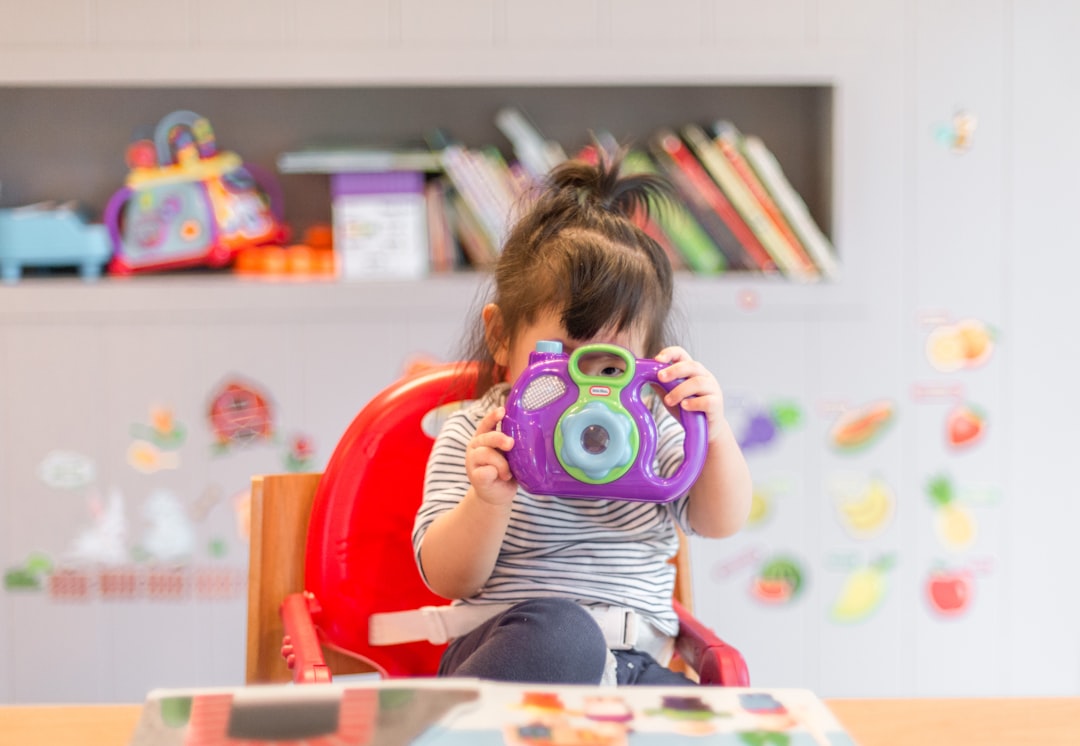
After a traumatic daycare abuse incident, it’s essential to provide immediate support for both children and families affected. The first step is ensuring the safety and well-being of the child. This may involve removing them from the abusive environment and arranging temporary or permanent custody arrangements with a trusted relative or guardian. A daycare abuse lawyer in Buffalo NY can assist in this process by guiding clients through legal options, such as filing a report with child protective services, pursuing criminal charges against the abuser, and seeking compensation for any physical or emotional injuries sustained.
For families coping with the aftermath of daycare abuse, counseling and therapy are crucial. A qualified therapist can help parents process their emotions, understand the impact of the abuse on their children, and develop strategies to protect their child’s mental health moving forward. Additionally, connecting with support groups or community resources dedicated to childhood trauma and abuse recovery can provide a sense of belonging and offer valuable advice from fellow survivors.
